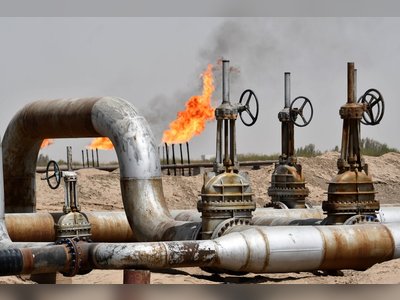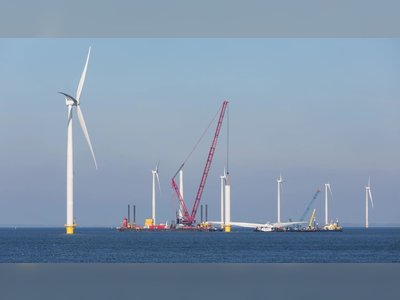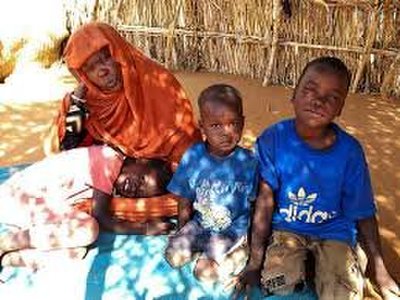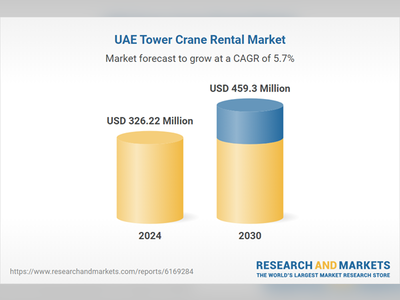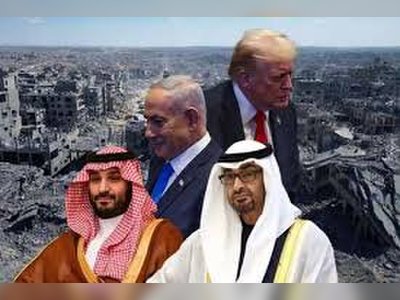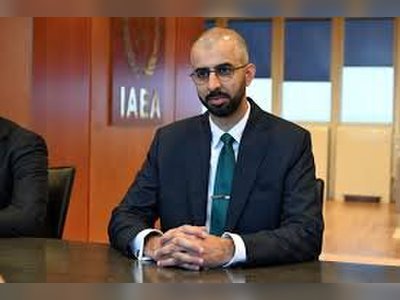
Palestinian PM Unveils $65 Billion Five-Year Plan to Rebuild Gaza
The Palestinian Authority's prime minister has presented an ambitious plan for rebuilding Gaza, requiring $65 billion over five years.
RAMALLAH: The Palestinian Authority's prime minister met on Thursday with UN and diplomatic officials to present a comprehensive plan for Gaza's reconstruction, despite uncertainties regarding the future governance of the war-shattered territory.
Mohammed Mustafa emphasized his optimism about the Palestinian Authority's potential role in Gaza within the next year.The five-year reconstruction plan outlined by Mustafa aims to transform Gaza into an integral part of Palestine through three phases, requiring $65 billion across 18 sectors including housing, education, and governance improvements.
This initiative seeks to fill the void left since Hamas assumed control over Gaza in 2007, where the Palestinian Authority has continued to provide some services.The plan aligns with US President Donald Trump's vision for a potential Palestinian state, which envisions the Palestinian Authority playing a significant role following reforms.
Furthermore, it builds upon agreements reached at an Arab leadership summit in Cairo in March 2025 and includes ongoing police training programs with Egypt and Jordan.Mustafa declared that the ultimate goal is to rebuild Gaza as a connected and thriving region within Palestine, with discussions underway concerning secure crossing operations and integrated policing systems with major donors such as the EU.
The European Union stands as one of the largest contributors to the Palestinian Authority.Central to this post-war reconstruction plan is achieving political and territorial unity between Gaza and the West Bank, aiming to establish a credible governance framework for the state of Palestine.
Mustafa's remarks coincided with calls from International Monetary Fund Managing Director Kristalina Georgieva advocating sustained peace following a ceasefire in Gaza.
She expressed relief over the ceasefire and highlighted its potential economic benefits for neighboring countries like Egypt, Jordan, Lebanon, and Syria.
Mohammed Mustafa emphasized his optimism about the Palestinian Authority's potential role in Gaza within the next year.The five-year reconstruction plan outlined by Mustafa aims to transform Gaza into an integral part of Palestine through three phases, requiring $65 billion across 18 sectors including housing, education, and governance improvements.
This initiative seeks to fill the void left since Hamas assumed control over Gaza in 2007, where the Palestinian Authority has continued to provide some services.The plan aligns with US President Donald Trump's vision for a potential Palestinian state, which envisions the Palestinian Authority playing a significant role following reforms.
Furthermore, it builds upon agreements reached at an Arab leadership summit in Cairo in March 2025 and includes ongoing police training programs with Egypt and Jordan.Mustafa declared that the ultimate goal is to rebuild Gaza as a connected and thriving region within Palestine, with discussions underway concerning secure crossing operations and integrated policing systems with major donors such as the EU.
The European Union stands as one of the largest contributors to the Palestinian Authority.Central to this post-war reconstruction plan is achieving political and territorial unity between Gaza and the West Bank, aiming to establish a credible governance framework for the state of Palestine.
Mustafa's remarks coincided with calls from International Monetary Fund Managing Director Kristalina Georgieva advocating sustained peace following a ceasefire in Gaza.
She expressed relief over the ceasefire and highlighted its potential economic benefits for neighboring countries like Egypt, Jordan, Lebanon, and Syria.


